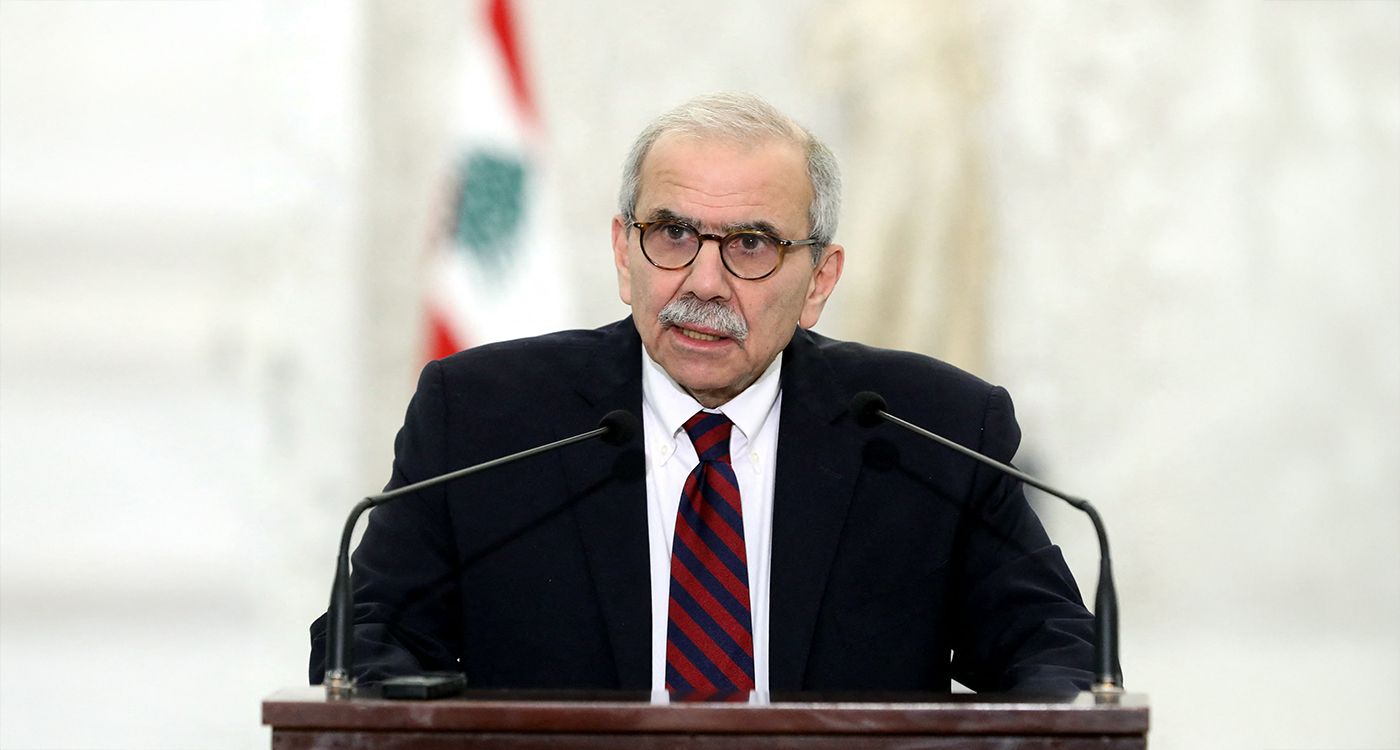
Nawaf Salam’s cabinet is one of the fastest-formed governments in the past three decades. Just 26 days after Salam was tasked with forming a government—based on the criteria he set, chiefly excluding partisan ministers—and following his agreement with President Joseph Aoun, he successfully formed his cabinet, which includes competent figures close to political forces.
Some political parties endorsed the ministers designated in their quota, while others submitted lists of candidates from which Salam selected the most suitable. The toughest negotiations lasted 21 days with the Shiite duo Amal-Hezbollah due to their numerous demands and initial refusal to share the Shiite quota. Under domestic and international pressure, they ultimately conceded, allowing Salam to appoint one minister from their five-seat share.
The newly appointed PM sought to preempt any obstruction, whether through controlling a third of the cabinet’s votes, allowing for a veto power or by undermining the government’s legitimacy based on sectarian representation with the resignation of Shiite ministers. For the first time since 2008, the Shiite duo failed to impose its terms in the cabinet formation. Hezbollah, in a state of denial and ignoring local and regional shifts, was unable to dictate the government’s composition.
The Shiite duo remains committed to the Iran-led “resistance axis,” despite its diminishing influence after Hezbollah’s defeat in the war against Israel, the assassination of its leaders and the destruction of its arsenal. In Syria, this was further compounded by the fall of Bashar al-Assad’s Iran-backed regime and the decline in Tehran’s influence in Iraq.
The Shiite faction sought to offer the government formation as leverage to Iran against Washington with the return of Donald Trump to the White House. As such, it raised the stakes of its demands. The American response was blunt: Hezbollah should not be included in the government after it failed to secure its presidential candidate and to task Najib Mikati with forming the new government. Nawaf Salam was then nominated by the opposition and change MPs to form the government, while Hezbollah failed, once again, to retain what it considered “gains” from the Doha Agreement, which ultimately collapsed as it was not recognized by Salam.
The delay in the announcement of the new cabinet lineup last Thursday was followed by Morgan Ortagus’ visit to Beirut on Friday–her first since she was appointed Deputy Special Envoy for the Middle East–carrying a blunt message from the US administration, saying that the US “will not tolerate Hezbollah and its allies exerting unrestrained influence over the government formation, as Lebanon will face deeper isolation and further economic devastation if a government committed to reforms, fighting corruption and curbing Hezbollah’s grip is not instituted.”
Furthermore, news agencies quoted a senior US official as saying, “This is the vision we believe the new Lebanon should embody. It’s a new day for Lebanon—Hezbollah has been defeated and the new government must reflect this reality.”
Reports presented by Israeli Prime Minister Benjamin Netanyahu to the US administration and national security circles on Lebanon’s security confirm that the Lebanese army has yet to address Hezbollah’s weapons. They also highlight the continued presence of hundreds of arms depots in the south, the southern suburbs and the Beqaa Valley. US officials and security agencies have taken these findings with the utmost seriousness.
In the context of exploring potential solutions, Netanyahu suggested to Trump that Lebanon be given a short deadline to raid and dismantle Hezbollah’s weaponry. If unsuccessful, Netanyahu warned, “I will resume the war on Lebanon, and this time it will be fiercer and more severe, targeting Hezbollah’s military and political structure.”
A US official noted that Lebanon has made progress and is moving in the right direction with the appointments of Joseph Aoun and Nawaf Salam, and emphasized that it cannot afford to reverse course.
Nawaf Salam’s government faces several key challenges: crafting the ministerial statement, which will exclude the “Army, People and Resistance” formula and remove any legitimacy from what is termed the “Resistance,” securing parliamentary approval, addressing Hezbollah’s weapons–starting with those in the south–ensuring Israel’s withdrawal from south Lebanon by February 18, implementing reforms and financial investigations to address the banking sector and safeguard depositors' funds, the Beirut port explosion investigation, restoring Lebanon to the Arab fold–free from Iranian influence–and reaffirming its sovereignty and independence on the international stage.
These are challenges will not be easy to accomplish, given that the government will only be in office for a year and three months. However, what matters is getting on the right track, as each minister must diligently address the pressing issues within their portfolio and achieve the maximum within the shortest timeframe.




Comments